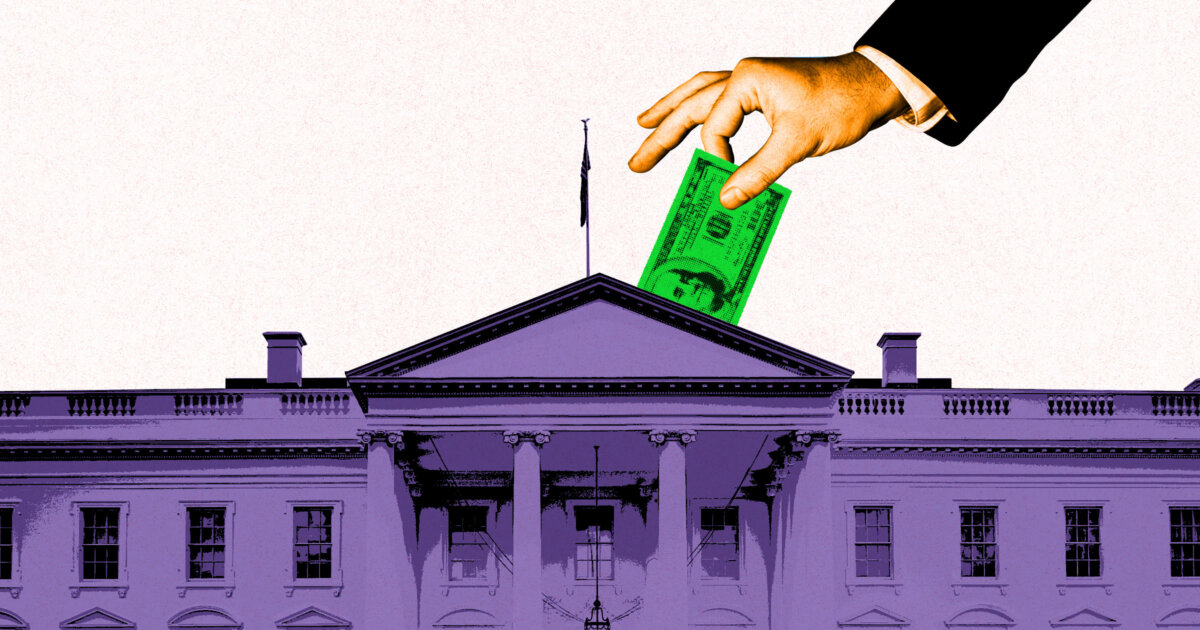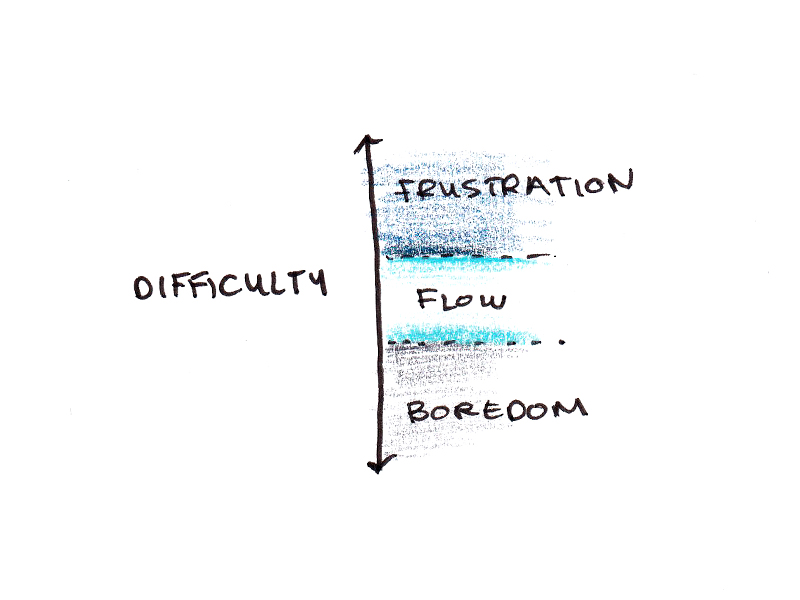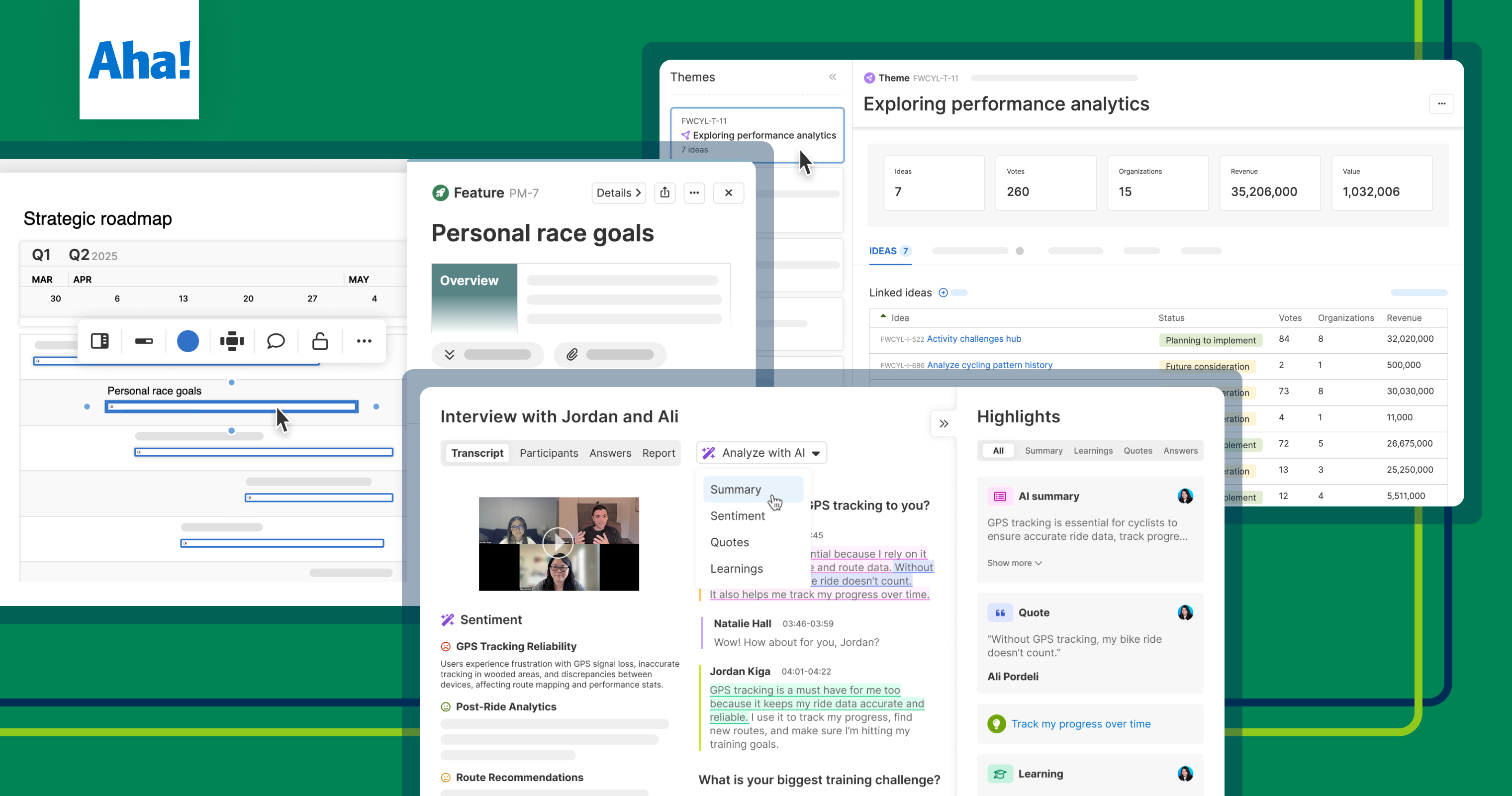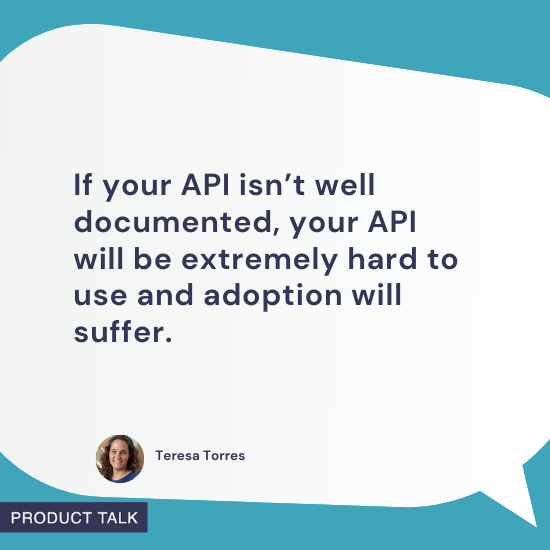Trump is bringing back higher credit card late fees
A year ago, the Consumer Financial Protection Bureau (CFPB) put a limit on how much credit card companies could charge consumers for late payments. On Tuesday, the Trump administration quashed that limit, opening the door for financial institutions to once again gouge late-paying customers. The Biden-era rule capped late fees at $8, substantially less than what many credit card companies used to charge. But in a federal court filing in Texas, Trump’s CFPB asked a judge to terminate the rule, saying it had changed its mind and now agreed with banking groups that the rule was illegal. U.S. District Judge Mark Pittman (a Trump appointee during his first term) agreed to the request Tuesday afternoon. Pittman had previously blocked the rule from being implemented, saying it violated the 2009 Credit Card Accountability and Disclosure Act, which regulated excessive fees, but allowed card companies to impose “penalty” fees for late payments. The decision to do away with the late-payment fee cap is a further dismantling of Biden’s initiatives. Trump has been vocal about wanting to disband the CFPB altogether, but judges have so far blocked him from doing so, saying he could lay off workers but not eliminate the agency. Initial opposition to the rule came from a coalition of six business and banking groups including the U.S. Chamber of Commerce and American Bankers Association. Opponents of the rule celebrated the judge’s ruling. “We welcome today’s court decision vacating the CFPB’s credit card late-fee rule,” the groups said in a joint statement. “This is a win for consumers and common sense.” Under the CARD Act, credit card companies are allowed to charge a maximum fee of $41 for a missed payment, even if the cardholder is only late by a few hours. The Biden-era CFPB had argued there was no evidence that those fees deterred future late payments. Worse, it said, the fees were often accompanied by other penalties, such as loss of grace periods, interest due, and drops in credit scores. Consumer Reports, at the time the cap was enacted, estimated late fees cost Americans more than $14 billion per year. A 2022 report from the CFPB found that 18 of the largest 20 credit card companies were charging the maximum $41 fee, while smaller banks and credit unions were more likely to charge $25 or less. Under Biden, the CFPB estimated the cap could save Americans $9 billion per year. More fees are returning The court ruling comes as another “junk fee” consumer protection seems likely to fall. The House and Senate have both previously voted to repeal the CFPB’s limits on excessive bank-overdraft fees as well. Consumer Reports estimates consumers will lose $5 billion in annual savings with that cap gone. “Repealing the CFPB’s limits on overdraft fees gives big banks the green light to rip off their customers with excessive charges that far exceed the cost of covering the transaction,” said Chuck Bell, advocacy program director at Consumer Reports, last week when the House voted to repeal the limit. “Banks will be able to continue penalizing customers with steep fees even though most overdrafts are for small amounts that are repaid within a few days.” Overdraft fees fall most heavily on consumers with low- and moderate-income levels as well as have an outsize impact on people of color, according to Consumer Reports. Black consumers are 69% more likely than white consumers to live in a household that is charged at least one overdraft or insufficient-funds fee per year. Hispanics are 60% more likely to face the fees.

A year ago, the Consumer Financial Protection Bureau (CFPB) put a limit on how much credit card companies could charge consumers for late payments. On Tuesday, the Trump administration quashed that limit, opening the door for financial institutions to once again gouge late-paying customers.
The Biden-era rule capped late fees at $8, substantially less than what many credit card companies used to charge. But in a federal court filing in Texas, Trump’s CFPB asked a judge to terminate the rule, saying it had changed its mind and now agreed with banking groups that the rule was illegal.
U.S. District Judge Mark Pittman (a Trump appointee during his first term) agreed to the request Tuesday afternoon. Pittman had previously blocked the rule from being implemented, saying it violated the 2009 Credit Card Accountability and Disclosure Act, which regulated excessive fees, but allowed card companies to impose “penalty” fees for late payments.
The decision to do away with the late-payment fee cap is a further dismantling of Biden’s initiatives. Trump has been vocal about wanting to disband the CFPB altogether, but judges have so far blocked him from doing so, saying he could lay off workers but not eliminate the agency.
Initial opposition to the rule came from a coalition of six business and banking groups including the U.S. Chamber of Commerce and American Bankers Association. Opponents of the rule celebrated the judge’s ruling.
“We welcome today’s court decision vacating the CFPB’s credit card late-fee rule,” the groups said in a joint statement. “This is a win for consumers and common sense.”
Under the CARD Act, credit card companies are allowed to charge a maximum fee of $41 for a missed payment, even if the cardholder is only late by a few hours. The Biden-era CFPB had argued there was no evidence that those fees deterred future late payments. Worse, it said, the fees were often accompanied by other penalties, such as loss of grace periods, interest due, and drops in credit scores. Consumer Reports, at the time the cap was enacted, estimated late fees cost Americans more than $14 billion per year.
A 2022 report from the CFPB found that 18 of the largest 20 credit card companies were charging the maximum $41 fee, while smaller banks and credit unions were more likely to charge $25 or less. Under Biden, the CFPB estimated the cap could save Americans $9 billion per year.
More fees are returning
The court ruling comes as another “junk fee” consumer protection seems likely to fall. The House and Senate have both previously voted to repeal the CFPB’s limits on excessive bank-overdraft fees as well. Consumer Reports estimates consumers will lose $5 billion in annual savings with that cap gone.
“Repealing the CFPB’s limits on overdraft fees gives big banks the green light to rip off their customers with excessive charges that far exceed the cost of covering the transaction,” said Chuck Bell, advocacy program director at Consumer Reports, last week when the House voted to repeal the limit. “Banks will be able to continue penalizing customers with steep fees even though most overdrafts are for small amounts that are repaid within a few days.”
Overdraft fees fall most heavily on consumers with low- and moderate-income levels as well as have an outsize impact on people of color, according to Consumer Reports. Black consumers are 69% more likely than white consumers to live in a household that is charged at least one overdraft or insufficient-funds fee per year. Hispanics are 60% more likely to face the fees.





































































































![Building A Digital PR Strategy: 10 Essential Steps for Beginners [With Examples]](https://buzzsumo.com/wp-content/uploads/2023/09/Building-A-Digital-PR-Strategy-10-Essential-Steps-for-Beginners-With-Examples-bblog-masthead.jpg)





![How One Brand Solved the Marketing Attribution Puzzle [Video]](https://contentmarketinginstitute.com/wp-content/uploads/2025/03/marketing-attribution-model-600x338.png?#)

































